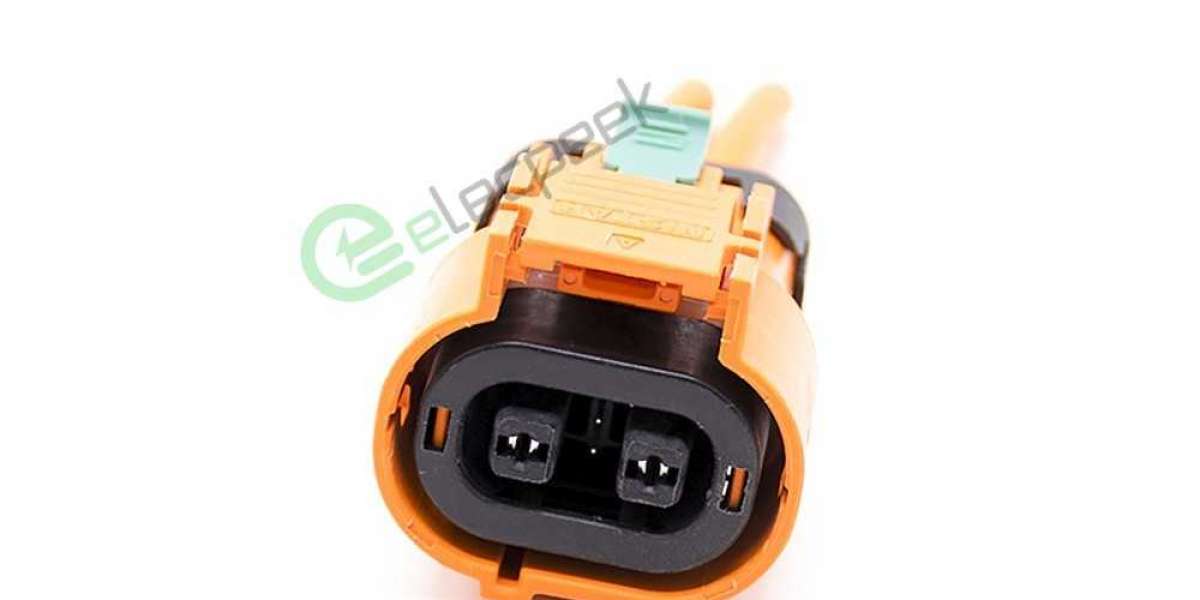As the world shifts towards sustainable transportation, electric vehicles (EVs) are becoming increasingly popular. However, the success of the EV revolution hinges on the availability of efficient and convenient charging infrastructure. In this article, we will delve into the J1772 connector, a vital component of EV charging systems. We will explore its technical features, benefits, and its role in propelling the electric vehicle market forward.

What is the J1772 Connector?
The J1772 connector, also known as the SAE J1772, is the standardized plug interface for charging electric vehicles. It was developed by the Society of Automotive Engineers (SAE) to establish a uniform method of connecting electric vehicles to charging equipment. This standardization ensures compatibility and safety across various EV makes and models.
Technical Features
The J1772 connector consists of a standardized five-pin configuration, making it capable of supporting both alternating current (AC) and direct current (DC) charging. The pins are responsible for different functions:
Pilot: This pin enables communication between the vehicle and the charging station, allowing for power flow control and signaling.
Proximity: The proximity pin determines if the connector is securely inserted into the charging port.
Ground: The ground pin establishes a safe electrical connection between the vehicle and the charging station.
Control: This pin controls the charging station's output power based on signals received from the vehicle.
Power: The power pin carries the electrical current from the charging station to the vehicle's battery.
Compatibility and Benefits
One of the key advantages of the J1772 connector is its widespread compatibility. It has become the de facto standard in many countries, including the United States, Europe, and Japan. This compatibility allows EV owners to charge their vehicles at various public charging stations and even at home using residential chargers that support the J1772 standard.
Moreover, the J1772 connector supports both Level 1 (120V AC) and Level 2 (240V AC) charging, providing flexibility for EV owners with different charging needs. Level 1 charging is suitable for overnight charging at home, while Level 2 charging offers faster charging times, making it ideal for workplaces, public charging stations, and commercial locations.
J1772 and the Electric Vehicle Market
The adoption of the J1772 connector has played a significant role in accelerating the growth of the electric vehicle market. Standardization has alleviated concerns among potential EV buyers, as they can be assured that their vehicles will be compatible with a wide range of charging infrastructure. This assurance contributes to the overall confidence and trust in EV technology.
Furthermore, the J1772 connector has facilitated the expansion of public charging networks, making it easier for EV owners to access charging infrastructure wherever they go. With increased charging options, the range anxiety often associated with EV ownership is diminished, encouraging more consumers to make the switch to electric vehicles.
Conclusion
The J1772 connector has emerged as a critical component in the world of electric vehicle charging. Its standardized design, compatibility, and support for various charging levels have made it a pillar of the EV revolution. As we continue to witness the rapid growth of the electric vehicle market, the J1772 connector stands as a testament to the collaborative efforts of industry stakeholders, ensuring a seamless and efficient charging experience for EV owners worldwide.


